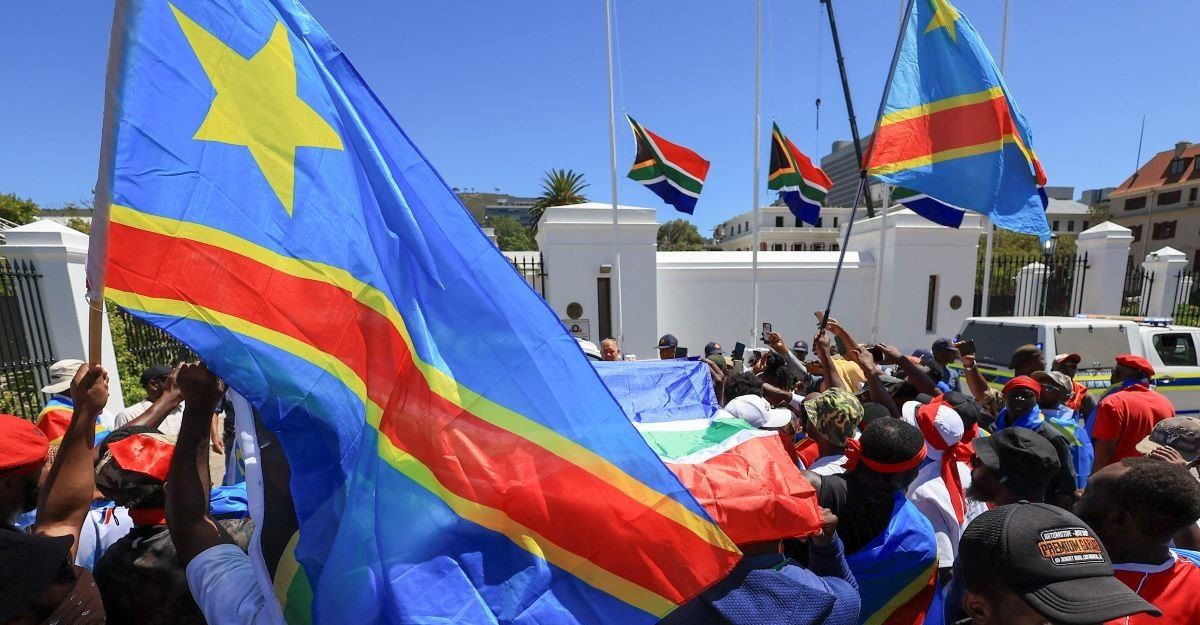On Tuesday, Angola offered to mediate an end to the conflict between the Democratic Republic of Congo and the Rwanda-backed M23 rebel group. Congolese President Félix Tshisekedi traveled to Angola to discuss a potential peace process, announcing that direct negotiations could come within days – something they have been loath to engage in the past. Meanwhile, the DRC is trying to strengthen its position by leveraging critical mineral reserves to secure backing from the Trump administration.
Background: M23 is one of nearly 100 armed groups operating in the mineral-rich DRC, where ongoing violence has created one of the world’s worst humanitarian crises, displacing over 7 million people. In a swift three-week offensive last month, M23 seized two major cities and is now advancing across the eastern part of the country. Given the stakes, Tshisekedi hopes to secure US support by offering access to critical minerals in exchange for security.
The DRC holds an estimated $24 trillion in untapped mineral wealth. It is the world’s largest supplier of cobalt — a crucial material for defense, aerospace, and electric vehicle batteries — though most currently goes to China. The country also has significant lithium, tantalum, and uranium reserves, all vital to military technology.
The deal on the table: The DRC’s proposal combines security and minerals, offering the US companies favorable mining access in exchange for equipping Congolese forces and running military bases to protect supply routes. The White House signaled it's open to the offer, but even if they agree, US companies may consider it too risky to do business in the region unless a ceasefire is reached.